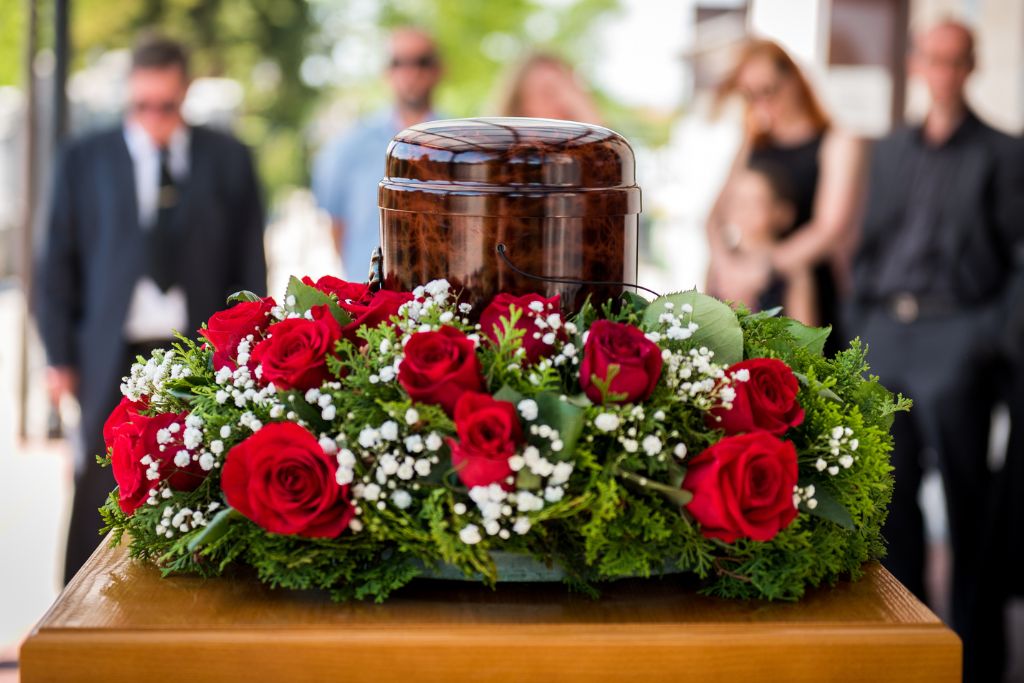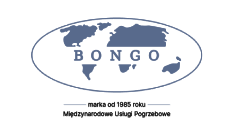Apply for permission from the county governor (starosta) or city mayor in Poland where the deceased is to be buried. The document is issued within three days and is exempt from stamp duties.
Request a death certificate from the Civil Registry Office (Urząd Stanu Cywilnego) appropriate for your place of residence based on a written notification of death abroad and the original copy of the foreign death certificate (including a note confirming that the cause of death was not an infectious disease). All documents must be translated by a sworn translator.
Send the decision of the county governor or city mayor (preferably by fax) to the appropriate Polish consular office located in the country from which the body is to be repatriated. Based on this, the Polish consul issues a certificate for the transport of the body or ashes, for which a fee is charged according to the Consular Fee Schedule.
In addition to the aforementioned permission from the county governor/city mayor, the following original documents must be presented:
For transport of the body:
- Death certificate
- Medical certificate confirming the death was not due to an infectious disease
- Certificate from the funeral home handling the transport confirming compliance with the transport standards for remains
- Possibly a coroner’s permit for the removal of the body
For transport of ashes:
- Death certificate
- Certificate of cremation
- Certificate from the funeral home confirming the urn is metal and contains only the ashes of the deceased
The urn should be placed in a wooden, sealed box.
Transporting a body from overseas involves ferry or airplane costs (check with airlines which ones allow coffin transport—some only permit urns). Upon arrival in Poland, further transport arrangements must be made. Transporting bodies by rail, air, or sea in Poland requires a permit issued within 3 days by the district sanitary inspector for the place from which the remains are brought, upon written request by the authorized entity responsible for burial. For road transport, a permit is required only if the distance exceeds 60 km. Transport over such distances must be done by vehicles specifically designed for this purpose—hearses. It is advisable to rely on a hired funeral home that will also organize the funeral ceremony.
Within 12 months of the funeral, apply for a funeral allowance from the Social Insurance Institution (Zakład Ubezpieczeń Społecznych).
Remember to check whether the spouse had an account in the Open Pension Fund (OFE). The funds accumulated there can be used to cover the costs of repatriation and funeral.













